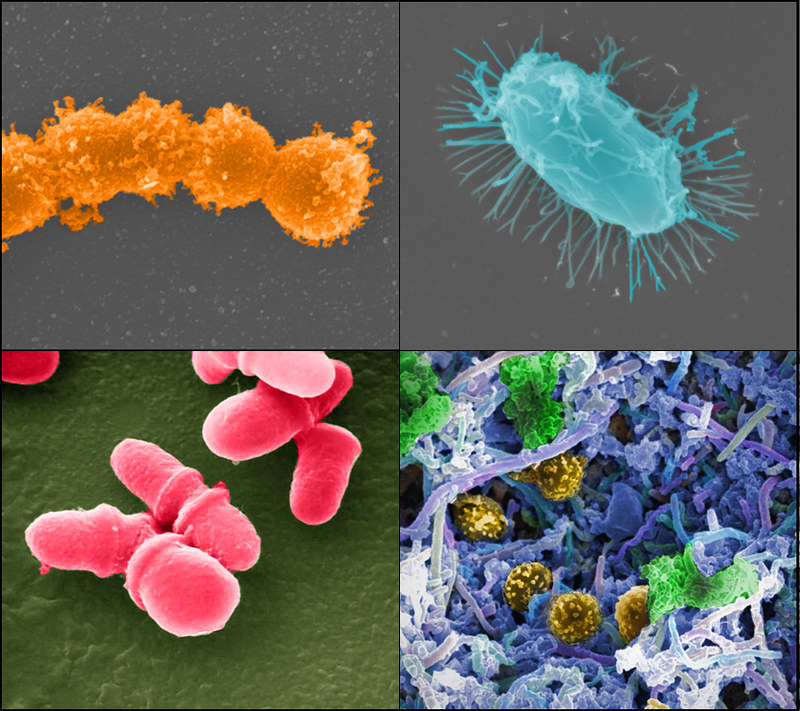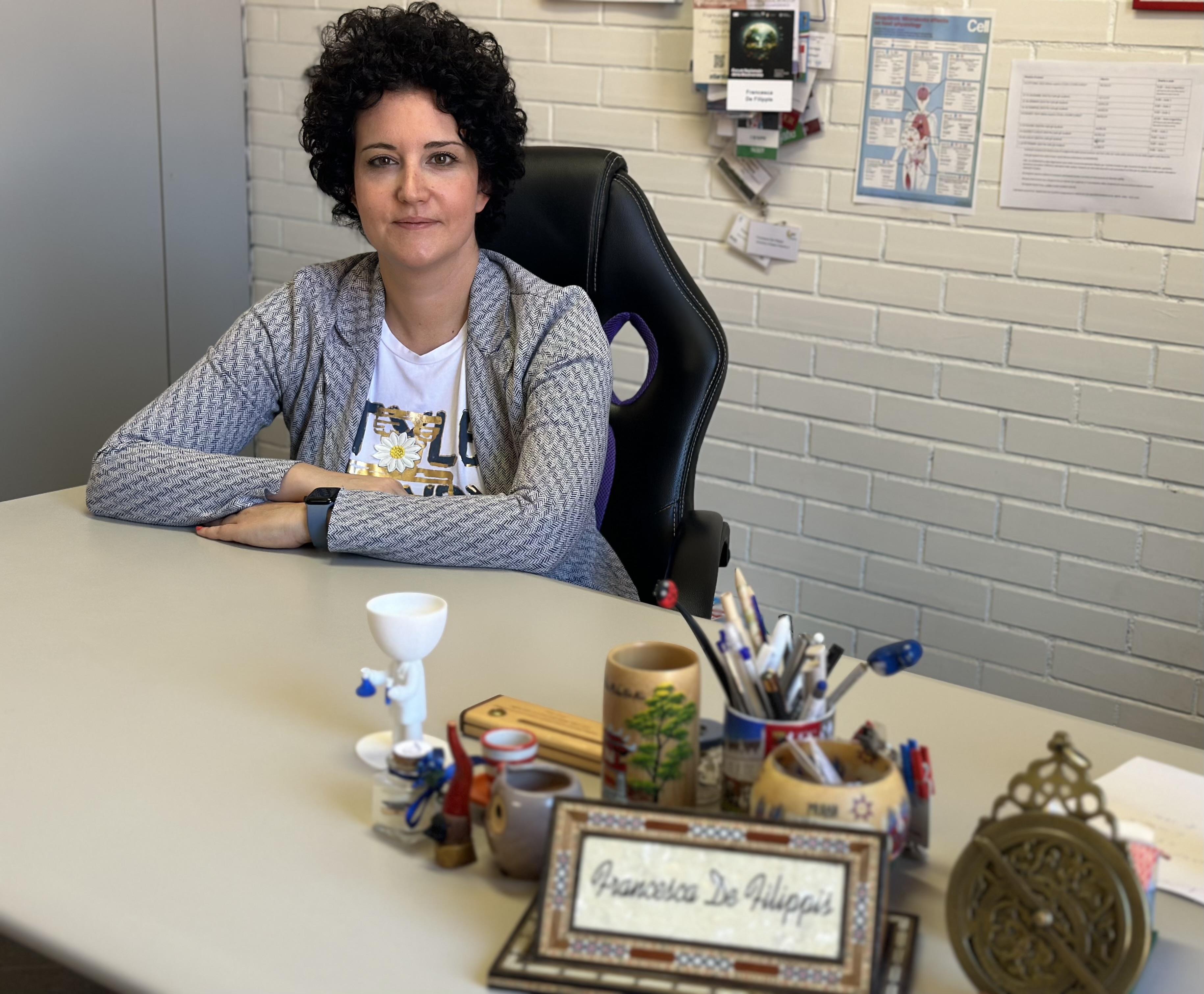Strengthening of the Italian Research Infrastructure for Metrology and Open Access Data in support to the Agrifood
June 27th is World Microbiome Day: Why Microorganisms are so Important for the Agri-Food Sector

June 27th marks the celebration of World Microbiome Day, established in 2018 to encourage public dialogue on the fundamental importance of microorganisms (bacteria, viruses, fungi) for human, animal, and environmental health. The theme for 2024 is "Feed Your Microbes," emphasizing the importance of "taking care" of our microorganisms.
Microorganisms have existed on Earth for billions of years, long before humans. Although invisible to the naked eye, they live on and within plants, animals, water, soil, food, and humans. Within each of these habitats, microorganisms form complex communities known as the "microbiome," where they interact with each other and the surrounding environment, playing positive or negative roles. "Often, the public perception of microorganisms is negative because some can cause infections. However, thanks to microbiome research, we now know that the vast majority of microbes are harmless, and many are essential for maintaining the health and balance of natural ecosystems, as well as being beneficial for our activities," explains Professor Francesca De Filippis, Professor of Microbiology at the Department of Agriculture of the University of Naples Federico II.
Indeed, a world without microorganisms is unimaginable. Every ecosystem has a specific Microbiome that performs essential functions within its environment.
For instance, trillions of microorganisms live in and on our bodies (on the skin, in the mouth, in the gut), where they actively help protect us from infections by fighting "bad" bacteria (called pathogens) and promote the development of our immune system. They also help us digest food and produce vitamins and other molecules essential for our health. The ocean's microbiome, on the other hand, produces most of the oxygen we breathe and can absorb as much carbon dioxide as land plants. Soil is also rich in microorganisms that help plants grow by fixing atmospheric nitrogen into a form that plants can use for growth. Maintaining soil microbial biodiversity can allow for more sustainable production, reducing the use of chemical fertilizers without compromising food productivity and quality.
Moreover, microorganisms are essential for the production of many foods we consume daily, such as cheeses, yogurt, and other dairy products, cured meats, wine, beer, and many other foods and beverages. In particular, the typicality, aroma, and unique characteristics of most Italian DOP and IGP products are also due to the presence of a complex microbiome responsible for flavor and taste production. The composition of these foods' microbiome is closely linked to the production area and selected by the specific production process.
These topics are of particular interest to the activities of the METROFOOD-IT consortium, which includes the Laboratory of Metagenomics and Microbial Ecology at the Department of Agriculture of the University of Naples Federico II, coordinated by Professor De Filippis. The laboratory studies the microbiome using innovative molecular approaches based on microbial DNA analysis. This will help elucidate its role in food quality and typicality.
For more information and to learn about all the events organized for WorldMicrobiomeDay 2024, you can visit the website https://worldmicrobiomeday.com

Professor De Filippis. The laboratory studies the microbiome using innovative molecular approaches based on microbial DNA analysis





